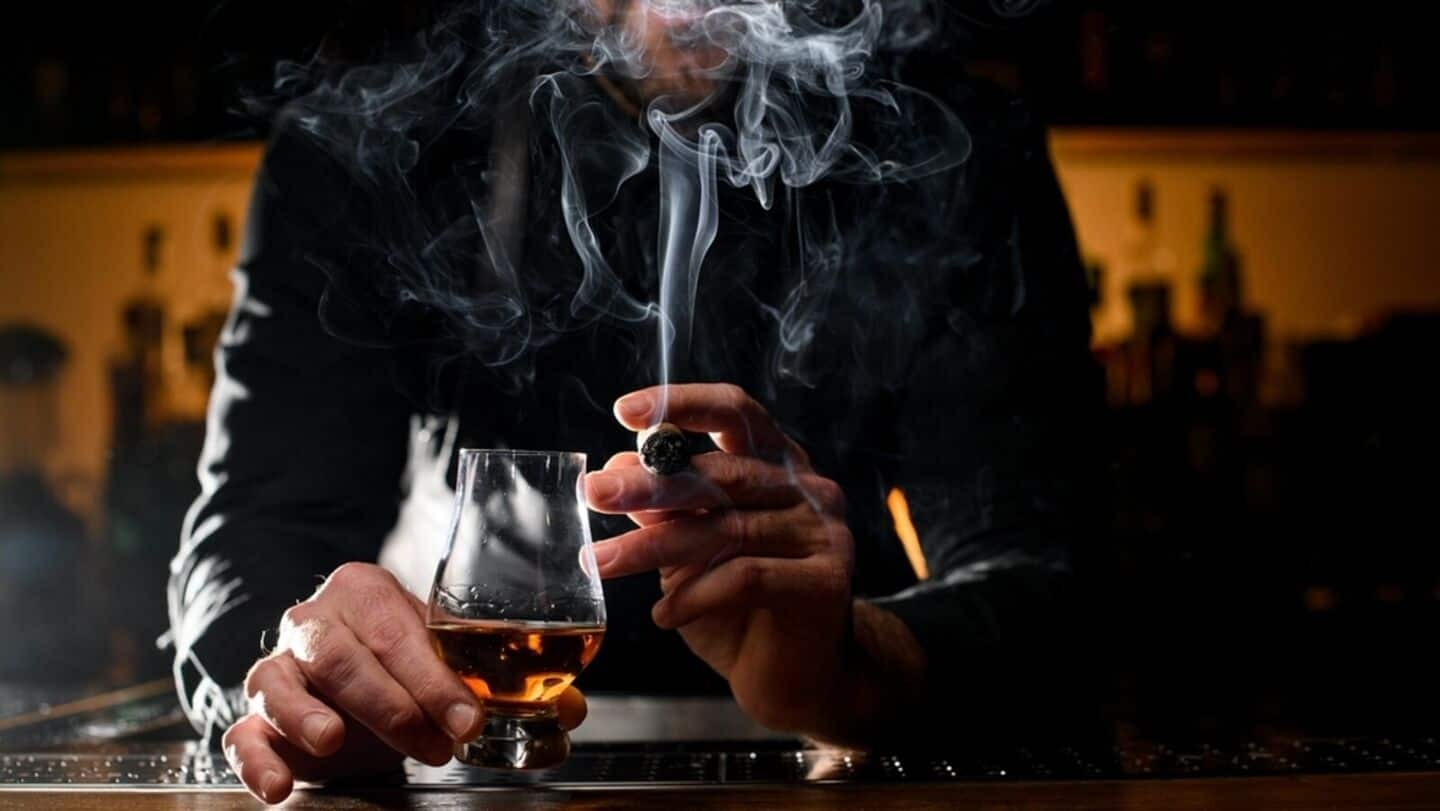
Smoking, alcohol consumption can harm your reproductive health, experts warn
What's the story
Leading medical experts have warned that alcohol consumption, smoking, and vaping are silently harming reproductive health in both men and women. The warning comes as fertility problems continue to rise in various regions. Dr. Anuja Thomas from Motherhood Hospitals in Kharghar highlighted that these habits can damage reproductive organs and hormones, potentially affecting the health of future generations.
Health risks
How smoking affects fertility
Dr. Thomas emphasized that Smoking not only raises the risk of miscarriage and ectopic pregnancy but also damages sperm DNA, potentially causing miscarriage and birth defects. "Long-term use may also harm fetal development, causing complications during pregnancy and delivery. It is the right time to quit these vices by paying utmost attention to reproductive health," she told PTI.
Gender impact
Effects of smoking on women's and men's fertility
Dr. Manju Gupta from Motherhood Hospitals in Noida reiterated that smoking affects both male and female fertility. In women, it speeds up egg loss, damages fallopian tubes, and increases the risk of miscarriage and ectopic pregnancy. For men, smoking lowers sperm count and causes DNA damage in sperm, which can lead to miscarriages or birth defects.
Misconceptions
Debunking the myth
Dr. Gupta also debunked the myth that quitting smoking or vaping a few months before trying to conceive is enough to reverse any damage done. She stressed that both habits can have long-term effects on fertility for both men and women. Dr. Neha Tripathi, a fertility specialist at Nova IVF Fertility in Indirapuram, Delhi NCR, echoed these views.
Additional factors
Impact of these habits on reproductive health
Dr. Tripathi said that smoking, alcohol consumption, and vaping can lead to hormonal imbalance, reduced egg quality, and irregular menstrual cycles in women. She warned that these habits make it difficult to conceive. In men, these substances reduce sperm count, damage sperm DNA, and lower testosterone levels, all of which affect male fertility.
Cancer risk
These vices can also increase cancer risk
Dr. Gaurav Jaswal from TGH Onco Life Cancer Centre, Talegaon, warned that these vices can also increase the risk of various cancers. He said they can damage DNA, weaken immunity, and trigger long-term inflammation: factors that could lead to breast, cervical, oral, and lung cancers in women later in life. Dr. Jaswal urged women to make informed choices about smoking, alcohol consumption, and vaping.